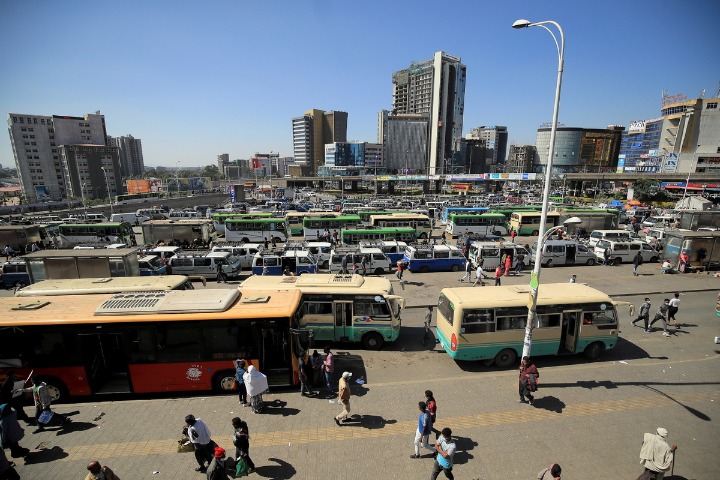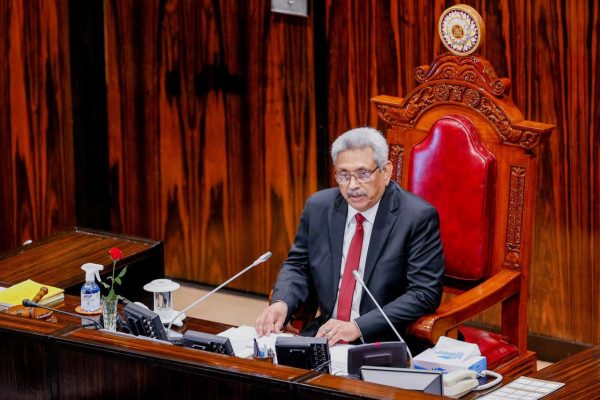Mountain of Africa’s external debt and looming debt crisis

Sunday, November 7, 2021 / 8:06 AM / by FDC Ltd / Header image credit: Global Finance Magazine
African countries have continued to record an increase in their external debt despite their already huge indebtedness. So far this year, no less than 6 countries have visited the international debt market, as moderate tax revenues and the need for sustained economic support measures have prompted the need for new lines of credit. Africa’s external debt is expected to hit a record high of over $ 1 billion in 2022, which could push the external debt-to-GDP ratio above 40 percent, an 18-year high.
Pandemic-induced debt relief initiatives
Most African countries have suffered serious fiscal setbacks in the wake of the outbreak of the covid-19 pandemic, especially huge income deficits despite increased budget spending. Before the epidemic, many of these countries were already heavily indebted and running large budget and current account deficits. This was, however, further exacerbated by the economic disruptions induced by the pandemic requiring requests for financial assistance from multilateral organizations such as the IMF and the World Bank. In 2020, the G20 group of countries helped defer up to $ 5.4 billion in Africa’s external debt to 2021-24 as part of its Debt Service Suspension Initiative (DSSI) . However, the external borrowing of African countries has maintained an upward trajectory highlighting the risk of an impending debt crisis on the continent..
Africa’s looming debt crisis
African economies are threatened with a debt crisis because their capacity to service their already inflated external debt remains largely limited. In S2’21, the International Monetary Fund (IMF) identified six countries already in external debt distress (Congo-Brazzaville, Mozambique, Sao Tome and Principe, Somalia, Sudan and Zimbabwe). In the absence of new debt relief measures or an extension of the DSSI, there is a high risk that 15 more countries (including Cameroon, Ethiopia, Ghana and Kenya) will join the list of over-indebted countries, according to the IMF. This is due to the high risk of sovereign defaults when the debt moratoriums expire. Zambia became the first African country to register a sovereign default in November 2020 and Angola is on the brink, with sovereign external debt exceeding 100% of GDP.
Implications and perspectives
The increase in Africa’s external debt is negative for investor confidence due to the concomitant increase in the already enormous debt service burden in many countries. With many countries still severely restricted in their ability to meet debt repayments, there is a risk of exchange rate instability and credit rating downgrades. Many African countries have already seen their credit ratings downgraded in 2020 due to the increased risk of default. Further external borrowing, in the absence of additional debt relief measures, will expose these countries to further downgrades in credit ratings. However, struggling countries are likely to start seeking debt restructuring, which will improve their fiscal outlook. In addition, countries may be forced to introduce fiscal consolidation measures, which could dampen the current nascent economic recovery.

Related news
- AfDB grants $ 75 million loan to Ghana Infrastructure Investment Fund for portfolio expansion
- Negative outlook for sovereigns in sub-Saharan Africa as cost of debt escalates after pandemic
- African banks hold public debt greater than their equity
- Many different stories about African debt
- African countries face the wall of sovereign debt repayments
- Sovereign outlook in sub-Saharan Africa stable but risk of increasing debt
- Africa in the Red: Rising debt in many African countries is a cause for concern
- Pan-African public debt in local currency – African Domestic Bond Fund (ADBF)
- Overview of the African economy as @ 051121
- Ghana’s financing challenges set to increase if yields remain high








![[Press release] Debt crisis: a failed G20 summit](https://www.cadtm.org/local/cache-vignettes/L710xH373/f0bd231bf33e0619051e008da75a42-274d7.jpg)
